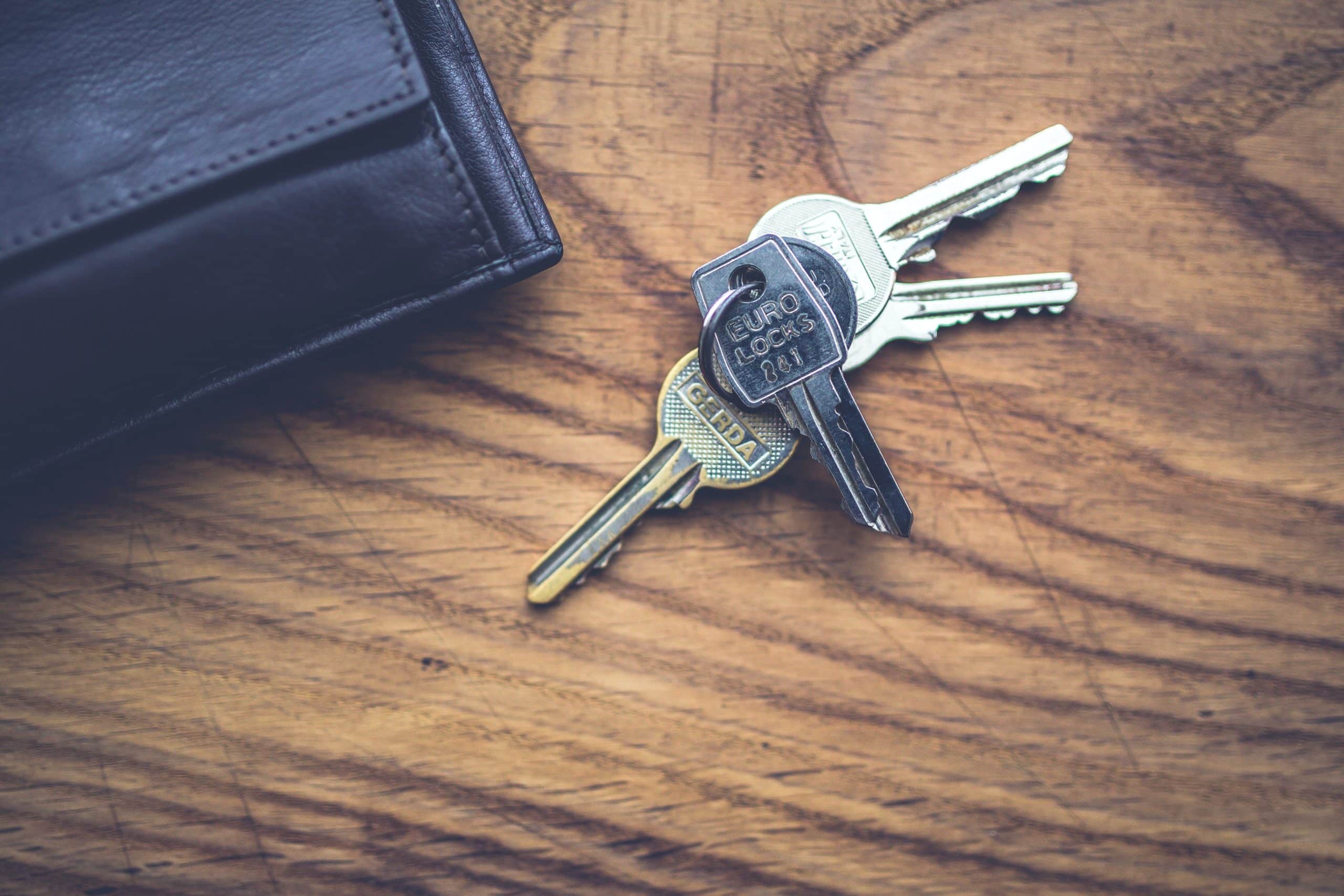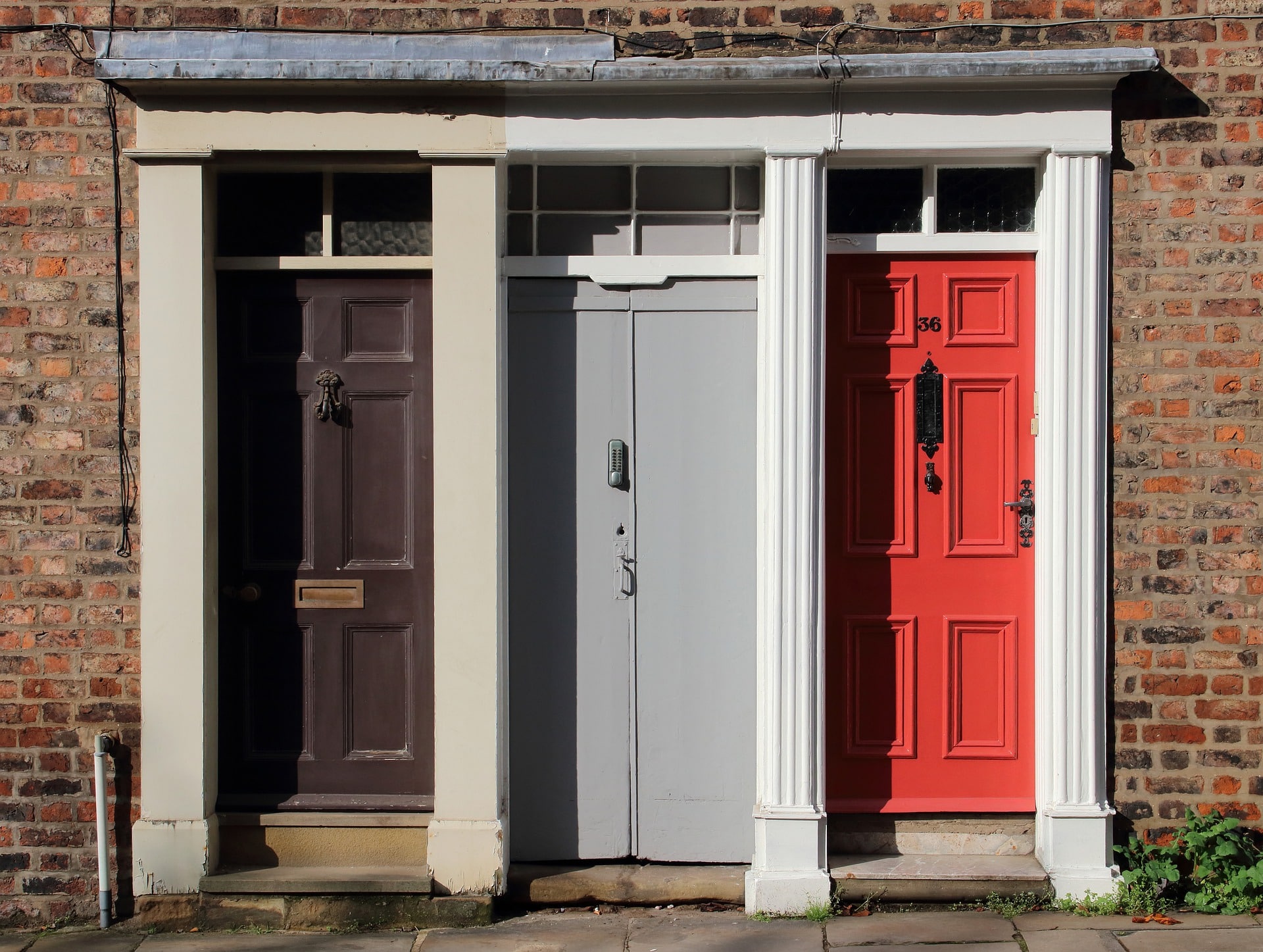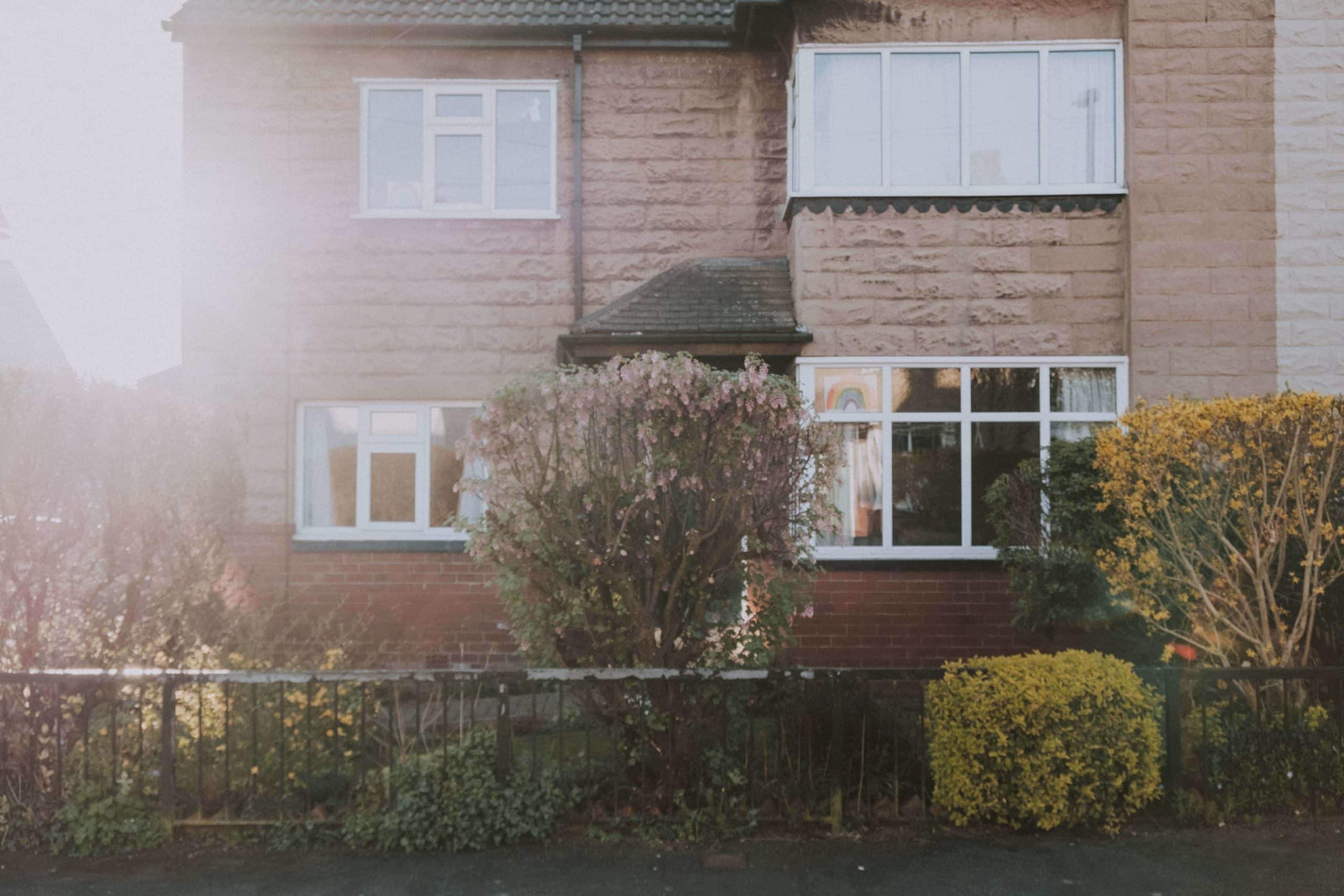Selling your home without the title deeds is possible, but you must still prove you own the property. How long and complicated this process depends on whether your home is registered with the Land Registry or not.
Fortunately, most homes are registered. If you’re not sure if you have the deeds for your home but want to get moving quickly, we’d be happy to chat about how we can help.
What are title deeds?
They’re paper documents that show the chain of ownership of property or land. Sometimes they include details of boundaries, mortgages, the length of any leases and restrictions on how the property can be used. Every time a home is bought and sold they are changed to reflect new ownership.
The Land Registry scans the original documents on registration and sends them back to you or your conveyancer – that’s the legal professional dealing with your housing transaction. Your conveyancer will either send the original document or copies to your mortgage provider, who will return them to you when you pay the mortgage off or directly to you.
Do you need the original document?
No, and there’s no obligation on the person who has it to pass it on when they sell their property, as long as the home is registered with the Land Registry.
As part of the conveyancing process your solicitor will contact the Land Registry for a copy of the deeds and to start the process of updating them. In Scotland they will get in touch with the Registers of Scotland for a land certificate, which holds similar information to a title deed.
Your home isn’t registered, what next?
Since registration became compulsory in England and Wales in 1990 most title deeds are recorded by the Land Registry. However around 14% of freehold properties are still not registered, often because they have been in the same ownership for a long time.
If you are selling a home that isn’t registered – perhaps you have inherited property from an elderly relative – and you can’t find the original title deeds it’s still possible to track them down. If there is, or was, a mortgage on the property, the provider may still have them or a copy. Likewise if you know which solicitor or conveyancer dealt with the previous purchase, they may have them.
If title deeds are lost
Occasionally finding them is impossible. They may have been lost or destroyed in a fire, or perhaps the chain of ownership is now so long and complex your search keeps coming to a dead end.
But all is not lost. Although it will prolong the conveyancing process you can complete a first registration of the property by proving your ownership with a statement of truth. This will involve filling out an ST3 form and providing evidence. Before starting down this road it’s worth hiring a conveyancing expert with experience in this area – since it’s quite rare many conveyancers may not have faced the problem before.
The statement of truth will involve building a case so that the Land Registry accepts you are the owner of the property. To support your case you can do several things:
- Identify the property you want to register, ideally on a plan drawn up when it was built.
- Detail where the deeds were when they were lost or how they came to be destroyed.
- Show who owned the property when they were lost.
- Explain why the deeds were held where they were – by a mortgage provider for example.
- Prove there was a mortgage on the property when they were lost.
- Show what you have done to try and find them.
If they were lost while in the possession of a mortgage provider or solicitors, they should help you establish ownership. In all cases though, evidence such as records of mortgage payments, bank statements, utility bills, buildings insurance policies, electoral roll records, copies of contracts and estate agent’s property details can all be useful.
Statements from neighbours can also be taken to back up your claim. Adverts may also be put in legal journals and local papers to try to uncover the title deeds.
Selling your home once they’re found
The good news is, if you are the genuine owner there’s likely to be enough evidence to prove it to the Land Registry. Although it will cost extra in conveyancing fees, how much depends on the complexity of your situation.
Often inherited properties take a little more investigation during the conveyancing process because you aren’t as familiar with the documentation and history of the home. We understand this and are experienced in dealing with challenging home selling situations.
If you’ve inherited a home and want to sell it quickly, either to cover the costs of an estate or simply so it’s not weighing on your mind at a difficult time, we’d be happy to help. We buy houses of all shapes and sizes and specialise in doing it with the minimum of fuss or hassle for you. Working with us you also won’t pay estate agent’s fees or have to arrange or pay for solicitors. Get in touch if you’d like to find out more.


















